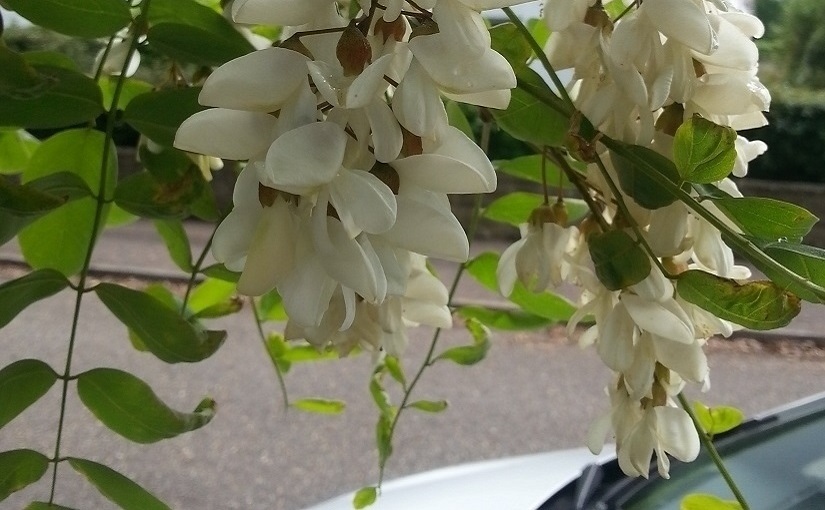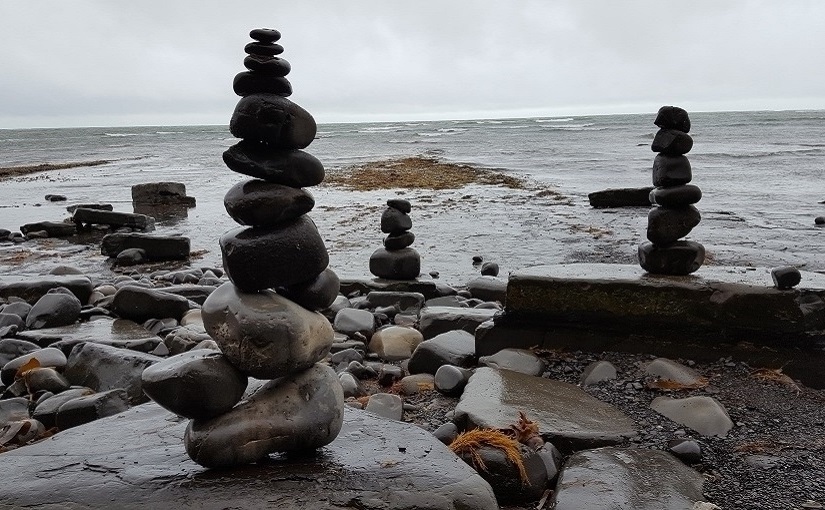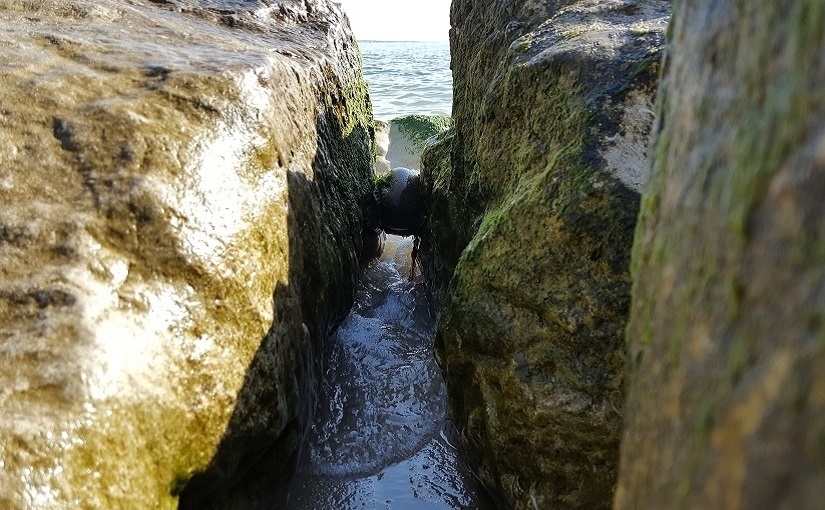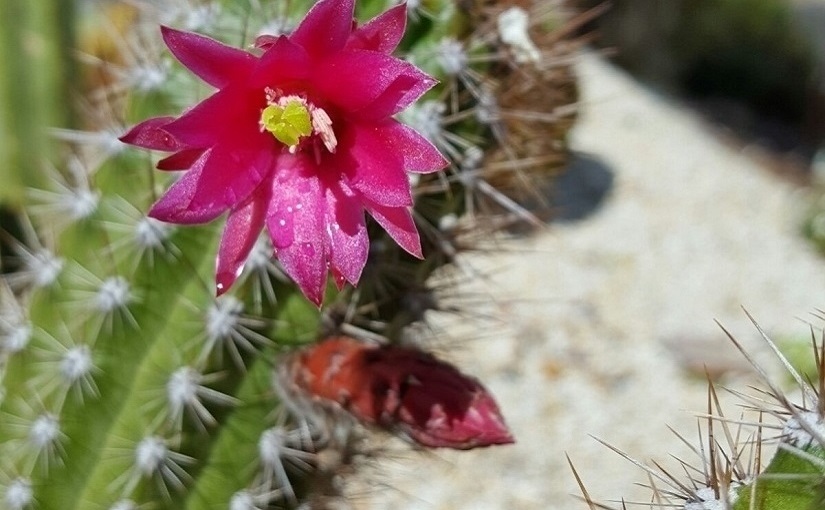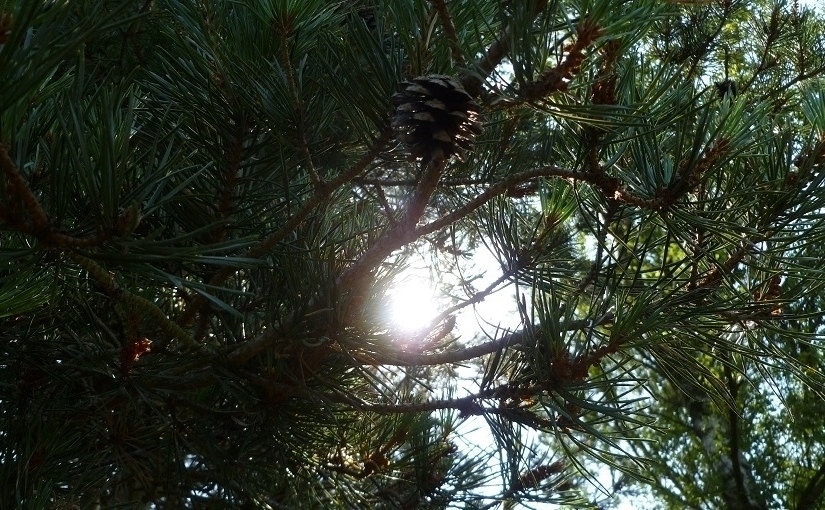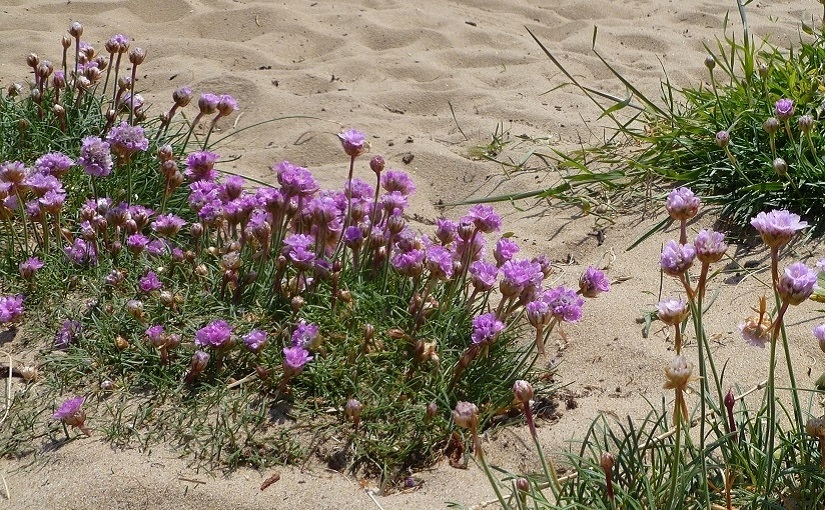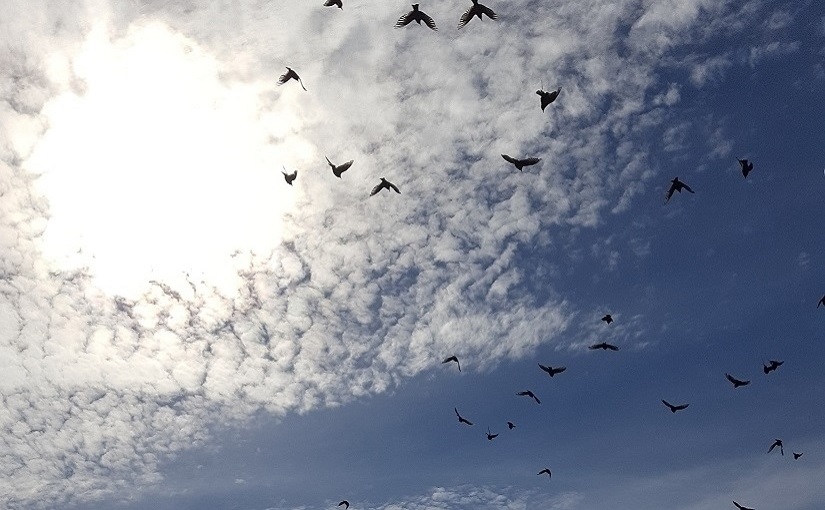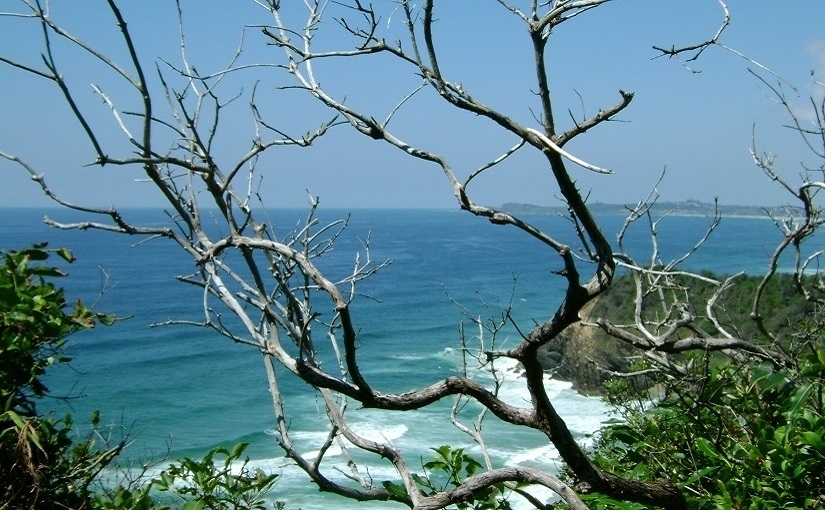Environment must be almost undeniably important. It’s the spaces we exist within and the meaning we see within them. Whether we’re talking on a global scale or more locally, the physical realities around us tell us a lot about our priorities and how we think about life (see Notes One).
Of course, I realise I’m being quite conceptual here. In reality, local environments are spaces we move within as we live our lives and global ones are perhaps remote places we might occasionally visit or become aware of. But essentially they do paint a picture of life, demonstrating our choices and their impacts.
Leaving aside the global perspective, our local environments are often bleak enough in their own right. The ways we act, and the kinds of materials and developments that form part of our daily lives can make modern life seem depressingly short-sighted and careless (Notes Two). We might not have much control over some of those trends, but when it comes to gardens we can have a say in what we put out into these shared spaces.
In the past, there might’ve been a slightly moralistic expectation that we create a certain impression: competing with neighbours or cultivating an acceptable sense of style. The social history of gardens is fairly fascinating. And that kind of approach can still be seen in what’s shown as fashionable or coveted in the world of garden design.
Understandably, this might put people off. As with art, I sometimes find the gardening world unusual: a strange subculture of Latin terminology, mysterious practices, countless things you can get wrong, and conversations you don’t really want to be having. But, beyond that, it’s fairly straightforward and forgiving (Note Three).
And I really feel gardens can contribute a great deal to local community. Not just in terms of tackling trends for paving things over to make room for more cars, or setting about window-dressing to increase the value of our homes and so on; but because they offer signs of hope, joy, and life.
The passing of time is most evident within the natural world: the first signs of spring, the riotous colour of summer, the comings and goings of animals in tune with the seasons, and the sometimes unexpected beauty of going into the winter months. All these realities weave into our everyday experiences of life.
And when someone takes the time to tend or curate a plot of land to showcase aspects of that for those who happen to pass by, then that can become quite a meaningful offering. Children might walk past, notice those plants and their colours, and begin to appreciate the wonder of nature. Others may gain a lot from the simple enjoyment of watching the antics of birds or squirrels, or the reassuring emergence of new growth.
For me, it’s one of the simplest and most beautiful things we can offer our community: the vision, effort, faith, and light-hearted humour of interacting with nature just for the sake of it.
Notes and References:
Note 1: Nature tells a story, about society
Note 1: Aesthetic value of nature
Note 2: The challenge of community
Note 2: Real estate, rental and human nature
Note 2: What are the true costs?
Note 3: Gardening as therapy, the light
This also links in some ways to The human spirit, which spoke of what we can offer others through our actions.

